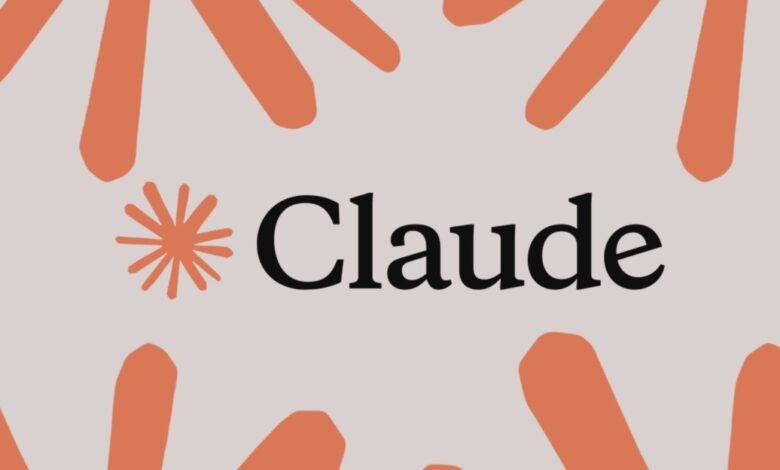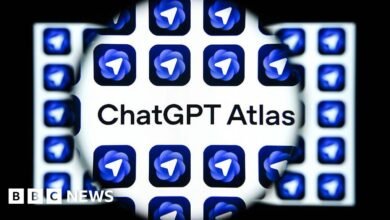Microsoft Picks Anthropic Over OpenAI for Visual Studio Code

▼ Summary
– Microsoft is introducing automatic AI model selection in Visual Studio Code, which will choose the best model for optimal performance, including options like Claude Sonnet 4 and GPT-5.
– Free GitHub Copilot users will have models selected automatically, while paid users will primarily rely on Claude Sonnet 4, indicating a preference for Anthropic’s models over OpenAI’s.
– Microsoft has internally recommended Claude Sonnet 4 for GitHub Copilot based on benchmarks, and this guidance has persisted even after the release of GPT-5.
– Microsoft is making significant investments in training its own AI models, such as MAI-1-preview, and expanding its computing clusters for future developments.
– Microsoft plans to use Anthropic’s AI models in some Microsoft 365 apps, like Excel and PowerPoint, where they have outperformed OpenAI’s models, despite ongoing investments and a complex partnership with OpenAI.
Microsoft is introducing an automatic AI model selection feature for its Visual Studio Code editor, designed to intelligently choose the most suitable model for delivering optimal performance. This new capability will dynamically switch between models such as Claude Sonnet 4, GPT-5, and GPT-5 mini for GitHub Copilot users on the free tier, while paid subscribers will primarily utilize Claude Sonnet 4.
This move signals a quiet but significant shift in Microsoft’s strategic alignment, indicating a preference for Anthropic’s AI offerings over OpenAI’s newest GPT-5 models in the coding and development space. Insiders familiar with the company’s developer strategy confirm that Microsoft has been encouraging its internal engineering teams to adopt Claude Sonnet 4 in recent months.
In a June internal communication, Julia Liuson, who leads Microsoft’s developer division, stated that Claude Sonnet 4 is the recommended model for GitHub Copilot based on internal performance benchmarks. Although this guidance preceded the official release of GPT-5, sources indicate that the recommendation remains unchanged.
Alongside its partnerships, Microsoft is channeling substantial resources into developing its proprietary AI systems. Mustafa Suleyman, Microsoft’s AI chief, recently highlighted during a company town hall that significant investments are being made to expand their computational infrastructure. He noted that the current MAI-1-preview model was trained on a relatively modest cluster of 15,000 H100s, a setup he described as small in the broader context of AI training scale.
Further expanding its collaboration with Anthropic, Microsoft is reportedly preparing to integrate Anthropic’s models into certain functionalities within its Microsoft 365 applications. According to a report from The Information, Microsoft 365 Copilot will be partially driven by Anthropic’s technology, following internal evaluations that showed these models outperforming OpenAI’s in applications like Excel and PowerPoint.
Despite this growing reliance on Anthropic, Microsoft’s relationship with OpenAI remains active and multifaceted. The two companies recently unveiled a new agreement that could facilitate OpenAI’s path toward an initial public offering. Microsoft has invested over $13 billion in OpenAI since 2019 and maintains a intricate revenue-sharing arrangement. In a notable update, Microsoft now permits OpenAI to collaborate with competing cloud providers, with additional details about the next stage of their partnership expected soon.
(Source: The Verge)





